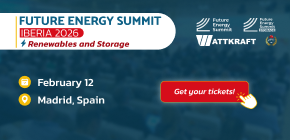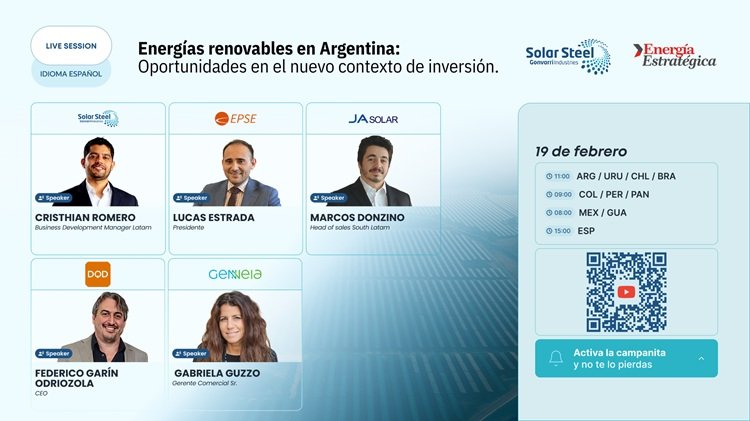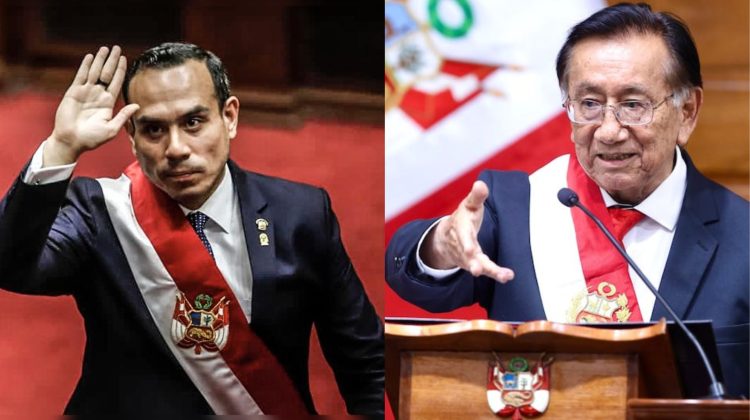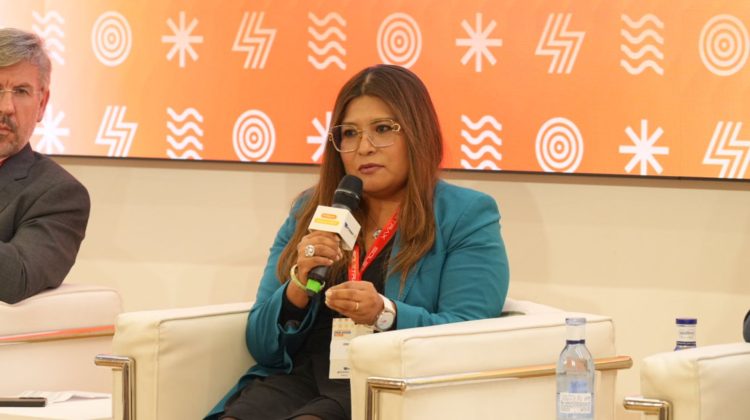On Monday 16 June, EU energy ministers met in Luxembourg within the framework of the Transport, Telecommunications and Energy Council (TTE), under the presidency of Paulina Hennig-Kloska, Poland’s Minister for Climate and Environment. The central focus of the meeting was to strengthen energy supply security and accelerate the roll-out of renewables through coordinated EU-wide measures.
During the session, presidency conclusions supported by 25 Member States were adopted, focusing on strengthening the Energy Union. One of the key points was the promotion of renewable energy communities as a fundamental mechanism to decentralise generation, increase system resilience and democratise access to clean energy.
“Europe depends on its energy sovereignty. We must diversify alliances, reinforce infrastructure and invest in renewables,” stated Minister Hennig-Kloska.
The conclusions emphasise that encouraging such grassroots initiatives will allow greater local participation in the energy transition, facilitating the integration of renewable technologies, distributed storage and active demand-side management. They also stress that Energy Communities reduce systems’ exposure to disruptions and global market volatility.
Another major focus was the evaluation of the REPowerEU Roadmap, presented by the European Commission on 6 May, which proposes new legislative initiatives to accelerate the EU’s energy independence. The document sets out a phased elimination of Russian gas, restrictions on future and spot contracts from the 2025–2026 winter, and the expansion of critical infrastructure for storage and smart grids.
“We need a regulatory strategy that matches the transformation of Europe’s electricity system,” Hennig-Kloska affirms.
According to the Council presidency, REPowerEU has already reduced EU reliance on Russian gas from 45% in 2021 to 19% in 2024, although payments for Russian fossil fuels still exceeded €23 billion last year. Upcoming measures include a ban on new purchases of Russian gas, as well as monitoring frameworks for nuclear operations and associated shipping fleets.
In relation to winter 2025–2026 preparedness, an updated assessment of recently implemented measures was shared. The Council evaluated the system’s ability to withstand extreme events, ensure gas storage levels and maintain operational coordination between national operators and institutions.
In a sensitive geopolitical context, shaped by tensions in the Middle East, the Commission noted that these conflicts currently pose no significant impact on the Union’s energy security, thanks to progress in diversifying sources and suppliers.
Additionally, under “other business”, ministers exchanged views on the revision of the National Energy and Climate Plans (NECPs), progress on the Illustrative Nuclear Programme (PINC), and the role of sustainable biofuels in the energy mix. They also addressed the implementation of the EU methane regulation and the protection of critical energy infrastructure, particularly following proposals from Estonia, Latvia and Lithuania.
“It is not enough to build more networks or plants: we must ensure they are resilient, secure and adapted to the new energy model,” Hennig-Kloska points out.
The minister underlined that one of the key goals of this presidency is to accelerate planning and permitting procedures, in line with the Renewable Energy Directive (RED III). She also stressed the importance of deploying digital tools to simplify processes, attract investment and encourage innovation.
Finally, the Council received an update on the outcomes of the recent MED9 ministerial forum, which brought together southern European countries, as well as the work programme of the upcoming Council presidency, which will continue the joint energy agenda in the second half of the year.




























